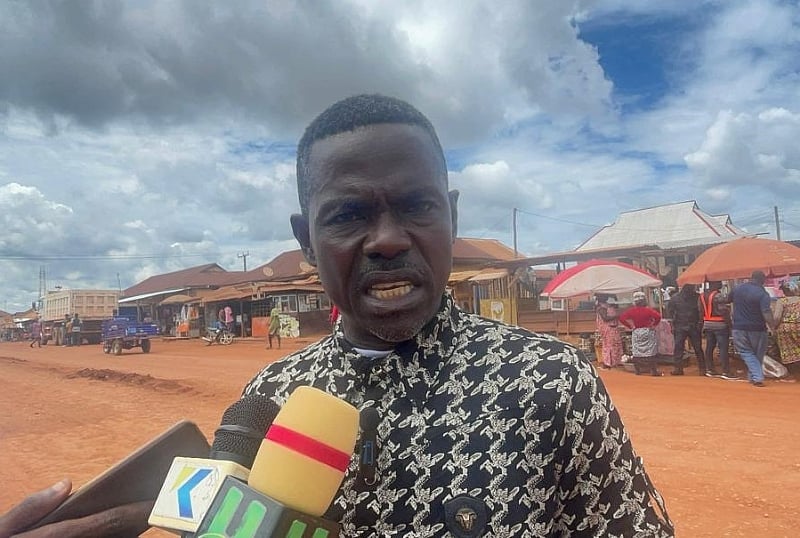In the Ashanti Region of Ghana, a significant number of young individuals from mining communities are expressing their discontent regarding calls from Organised Labour to impose a ban on small-scale mining. They argue that such demands are politically motivated and could lead to widespread unemployment among young people reliant on the sector for their livelihoods. The youth believe that banning small-scale mining would not only jeopardize their jobs but might also discourage responsible miners from engaging in a practice that, when conducted legally and ethically, contributes positively to their communities. Given the socio-economic importance of mining in the region, their concerns reflect a complex interplay between environmental sustainability and economic necessity.
During a recent visit to several mining communities, including Manso, Adugyama, and Kunsu, it became clear that small-scale miners are open to collaborating with authorities to tackle the pressing issue of illegal mining. They recognized the need for reform and hygiene within the sector but adamantly opposed an outright ban that could negate the progress they’ve made. The young miners articulated their concerns in interviews, emphasizing the importance of responsible mining practices and the distinction between illegal activities and lawful operations. Their readiness to partner with government agencies reveals a desire for constructive dialogue rather than punitive measures that could harm their livelihoods.
The response from the youth indicates a growing frustration with how Organised Labour and other groups are framing discussions around illegal mining. Many feel that the current narrative is overly politicized, which they believe undermines the complexity of the situation. One young individual poignantly questioned whether, in response to misconduct by a few, Organised Labour would advocate for a ban on all teachers, drawing attention to the need for fairness and measured responses to indiscretions. This analogy illustrates the frustrations shared by many youths, who perceive a lack of nuance in the ongoing discourse surrounding illegal mining and its impact on legitimate small-scale operations.
Moreover, concerns were raised regarding the implications of a mining ban on local communities. The youth cautioned that such a move could precipitate economic hardships, as many families rely on incomes generated from small-scale mining activities. The potential repercussions of dwindling employment opportunities could lead to an uptick in social vices, as individuals struggle to make ends meet. The sentiment is clear: a blanket ban on mining is not seen as a solution to the problems posed by illegal activities but rather as a catalyst for broader societal issues. This perspective underscores the urgent need for government intervention that addresses illegal mining without disproportionately punishing those who engage in responsible practices.
In advocating for a more targeted approach, the youth in the mining communities are appealing to the government’s sense of responsibility and fairness. They urge authorities to concentrate their efforts on curbing illegal mining activities while simultaneously supporting those who operate within the law. This dual approach, balancing regulation with support, is seen as crucial to achieving sustainable mining practices that can benefit both the economy and the environment. The dialogue between these young miners and government representatives is essential in crafting effective regulations that will not only safeguard their jobs but also promote sustainable mining practices for the future.
In conclusion, the voice of the youth in mining communities across the Ashanti Region reveals a critical perspective on the ongoing debate surrounding illegal mining. They advocate for a balanced approach that fosters collaboration rather than outright bans, emphasizing the need to protect responsible miners and their livelihoods. As the government engages with stakeholders in the sector, it is vital to heed these calls and work towards solutions that address the root causes of illegal mining, promote environmental stewardship, and sustain the economic well-being of affected communities. Without such considerations, the pursuit of a ban could lead to unintended consequences detrimental to both individuals and the broader society.


